Home>Articles>Why Does A Smoke Detector Beep When It’s Cold?
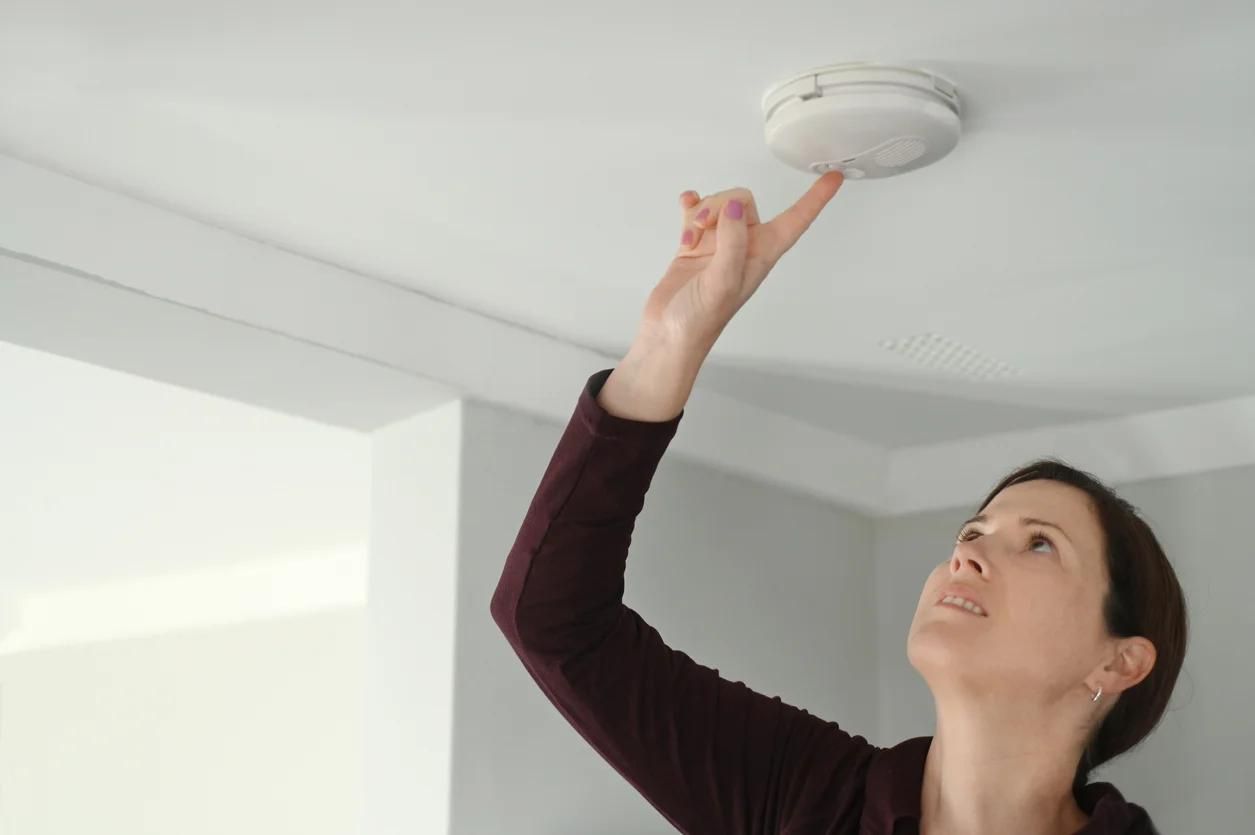

Articles
Why Does A Smoke Detector Beep When It’s Cold?
Modified: October 22, 2024
Read this informative article to find out why smoke detectors beep in cold weather and how to prevent it. Get useful tips and insights now!
(Many of the links in this article redirect to a specific reviewed product. Your purchase of these products through affiliate links helps to generate commission for Storables.com, at no extra cost. Learn more)
Introduction
Smoke detectors play a crucial role in keeping our homes and families safe from the dangers of fire. These small devices are designed to detect smoke particles in the air and trigger a loud alarm, alerting occupants to the presence of a potential fire. While we rely on smoke detectors to provide us with this life-saving warning, it can be frustrating when they start beeping unexpectedly, especially when it’s cold outside.
In this article, we will explore why smoke detectors may beep when it’s cold and the factors that contribute to this phenomenon. Understanding the behavior of smoke detectors in cold temperatures will not only help us to better maintain and care for these devices, but it will also alleviate any concerns or misconceptions surrounding their functionality.
Before delving into the specifics of why smoke detectors beep in the cold, let’s first gain a basic understanding of how smoke detectors work and the importance they hold in our homes.
Key Takeaways:
- Cold temperatures impact smoke detectors by affecting battery performance and sensitivity levels, leading to beeping or false alarms. Proper maintenance, battery replacements, and best practices for cold weather are essential for optimal functionality.
- Understanding the role of batteries in smoke detectors is crucial, especially in cold weather. Regular testing, maintenance, and using high-quality batteries can ensure reliable early fire detection and warning, keeping homes and families safe.
Read more: Why Is My Nest Smoke Detector Beeping
Understanding Smoke Detectors
Smoke detectors operate based on the principle of photoelectric or ionization detection. Photoelectric smoke detectors use a beam of light to detect smoke particles, while ionization smoke detectors use a small amount of radioactive material to ionize the air in a sensor chamber. When smoke particles enter the chamber or disrupt the light beam, it triggers the alarm, alerting everyone in the vicinity of the potential fire.
The importance of smoke detectors cannot be overstated. According to the National Fire Protection Association (NFPA), three out of five home fire deaths occur in properties without working smoke detectors. Having a properly functioning smoke detector drastically increases the chances of early detection and evacuation, significantly reducing the risk of injury or death in a fire-related incident.
Cold Temperatures and Smoke Detectors
Now that we have a basic understanding of how smoke detectors work, let’s explore the effects of cold temperatures on these devices. You may have noticed that your smoke detector occasionally beeps when the temperature drops, leading to confusion and concern.
The primary reason for smoke detectors beeping in cold temperatures is the impact it has on the batteries. Smoke detectors are usually powered by replaceable batteries or hard-wired into the electrical system with a backup battery. Cold weather can affect the performance of these batteries, leading to low voltage and triggering the low battery warning signal.
In addition to battery issues, cold temperatures can also affect the sensitivity of smoke detectors. The sensitivity level of a smoke detector determines how quickly it detects smoke particles. When it gets cold, the sensitivity level may change, leading to false alarms or delayed detection of smoke. This change in sensitivity may be more noticeable in older smoke detectors or those with outdated sensors.
Common Misconceptions
It’s important to address some common misconceptions regarding smoke detectors and their behavior in cold temperatures. One common misconception is that cold air itself triggers the smoke detector. In reality, cold air alone does not directly activate a smoke detector. It is the impact of cold temperatures on the batteries and sensitivity levels that can lead to beeping or alarms.
Another misconception is that covering or tampering with the smoke detector can prevent false alarms in cold weather. This is not recommended, as it compromises the device’s functionality and puts occupants at risk. Instead, it is advisable to address the root causes, such as maintaining proper battery levels and considering upgrading older smoke detectors.
Now that we’ve explored the reasons behind smoke detector beeping in cold weather, let’s discuss the role of batteries and the importance of maintenance and care to ensure the optimal performance of these life-saving devices.
Key Takeaways:
- Cold temperatures impact smoke detectors by affecting battery performance and sensitivity levels, leading to beeping or false alarms. Proper maintenance, battery replacements, and best practices for cold weather are essential for optimal functionality.
- Understanding the role of batteries in smoke detectors is crucial, especially in cold weather. Regular testing, maintenance, and using high-quality batteries can ensure reliable early fire detection and warning, keeping homes and families safe.
Read more: Why Is My Nest Smoke Detector Beeping
Understanding Smoke Detectors
Smoke detectors operate based on the principle of photoelectric or ionization detection to detect the presence of smoke particles in the air. These devices are essential for early fire detection and warning, playing a crucial role in keeping our homes and families safe from the dangers of fire.
There are two main types of smoke detectors: photoelectric and ionization. Photoelectric smoke detectors utilize a beam of light to detect smoke particles. When smoke enters the chamber, it scatters the light, triggering the alarm. On the other hand, ionization smoke detectors use a small amount of radioactive material to ionize the air inside a sensor chamber. When smoke particles disrupt the ionization, the alarm is activated.
The importance of smoke detectors cannot be overstated. According to the National Fire Protection Association (NFPA), smoke alarms can reduce the risk of dying in a house fire by nearly 50%. These devices provide early warnings, allowing occupants to evacuate quickly and call emergency services, potentially saving lives and minimizing property damage. Installing smoke detectors in every bedroom, on every level of the house, and near areas prone to fire hazards, such as the kitchen, is highly recommended.
Smoke detectors are designed to continuously monitor the air for the presence of smoke particles, whether from a slow-burning smoldering fire or a fast-moving flames. They are highly sensitive and can quickly detect the smallest traces of smoke. This early detection is vital, as it provides occupants with sufficient time to evacuate the premises and seek safety before the fire spreads uncontrollably.
In addition to detecting smoke, some smoke detectors also come with other useful features. For example, there are smoke detectors with built-in carbon monoxide detectors, providing even more comprehensive protection against multiple dangers. Carbon monoxide (CO) is a colorless, odorless gas that can be deadly if inhaled in high concentrations. Having a smoke detector with a CO sensor is a smart choice, especially if you have gas appliances or a garage attached to your home.
Regularly testing smoke detectors is essential to ensure their proper functioning. It is recommended to test the devices at least once a month by pushing the test button, which triggers a test signal. If the alarm does not sound, check the batteries and connections and replace them if necessary. It is also important to clean smoke detectors regularly, as dust or debris accumulation can interfere with their performance. Follow the manufacturer’s guidelines for cleaning and maintenance.
Overall, smoke detectors are essential safety devices that provide early fire detection and warning. By understanding how smoke detectors work and the importance they hold in our homes, we can take the necessary steps to ensure their proper functioning and maximize the protection they provide to our families and properties.
Cold Temperatures and Smoke Detectors
Cold temperatures can have an impact on the performance of smoke detectors, leading to unexpected beeping or false alarms. Understanding the effects of cold weather on these devices can help us better maintain and care for them, as well as dispel any misconceptions surrounding their behavior in chilly conditions.
Effects of cold temperatures on smoke detectors:
1. Battery performance: The primary reason smoke detectors may beep when it’s cold is due to the effect of low temperatures on the batteries. Cold weather can cause the batteries to drain faster or experience reduced voltage output. As a result, the smoke detector may interpret the low voltage as a signal for a low battery, triggering the alarm. It’s important to note that this is a safety feature, ensuring that the smoke detector is always powered adequately.
2. Sensitivity levels: Cold temperatures can also affect the sensitivity levels of smoke detectors. These devices are designed to detect even the smallest traces of smoke particles in the air, but when it gets cold, the sensitivity may change. This alteration in sensitivity can lead to false alarms or delayed detection of smoke. Older smoke detectors or those with outdated sensors may be more susceptible to these changes.
Why smoke detectors beep when it’s cold:
The beeping or chirping sound in cold temperatures is typically a warning signal from the device, indicating low battery voltage or reduced sensitivity. When the smoke detector detects these changes due to cold weather, it activates the alarm to alert the occupants of a potential issue. It’s crucial to address the underlying causes, such as replacing batteries or considering an upgrade to a newer smoke detector model with improved performance in cold temperatures.
Common misconceptions:
There are a few common misconceptions about smoke detectors and their behavior in cold temperatures. One myth is that cold air alone triggers the smoke detector. In reality, cold air does not directly activate the smoke detector. It is the impact of cold temperatures on the batteries and sensitivity levels that can lead to beeping or alarms. Understanding this distinction is essential to correctly addressing any issues that arise.
Another misconception is that covering or tampering with the smoke detector can prevent false alarms in cold weather. This is not advisable, as it compromises the device’s functionality and puts occupants at risk. Instead, focus on proper maintenance, such as checking and replacing batteries regularly, cleaning the smoke detector to remove dust and debris, and ensuring the device is installed in an appropriate location away from drafts or vents.
By understanding the effects of cold temperatures on smoke detectors and dispelling common misconceptions, we can take the necessary steps to maintain these devices properly and ensure they function effectively, providing reliable early detection and warning in the event of a fire.
The Role of Batteries
Batteries play a crucial role in the operation of smoke detectors. They provide the necessary power to ensure these devices function properly and provide early detection and warning in the event of a fire. Understanding the performance of batteries in cold weather and the importance of their lifespan and replacements is essential for maintaining the effectiveness of smoke detectors.
Battery performance in cold weather:
Cold temperatures can have a significant impact on battery performance, potentially affecting the reliability of smoke detectors. The chemical reactions that occur inside batteries slow down in colder temperatures, which can lead to reduced voltage output. This reduced voltage can trigger the low battery warning signal in the smoke detector, resulting in beeping or chirping sounds.
It’s important to note that this warning signal is a safety feature designed to ensure that the smoke detector always operates with a reliable power source. While the beeping may be an inconvenience, it is a clear indication that the battery needs attention.
Battery lifespan and replacements:
The lifespan of a battery in a smoke detector can vary depending on several factors, including battery type and quality, usage patterns, and environmental conditions. Alkaline batteries, commonly used in smoke detectors, typically last between one to two years. However, factors such as frequent alarms, temperature extremes, and high humidity can shorten their lifespan.
It’s crucial to regularly check the battery status of smoke detectors and replace them as needed. Some smoke detectors have a built-in low battery warning system that emits a chirping sound, while others may have visual indicators or digital displays. It’s recommended to replace the batteries in smoke detectors at least once a year, even if they haven’t reached their expiration date, to ensure optimal performance. Additionally, consider using high-quality batteries and follow the manufacturer’s recommendations for battery replacement.
Consider using lithium batteries in smoke detectors, especially in areas with extreme temperatures. Lithium batteries perform better in cold weather compared to alkaline batteries, and they typically have a longer lifespan. While they may be more expensive, lithium batteries provide increased peace of mind and reduce the frequency of battery replacements.
Remember to dispose of used batteries properly and in accordance with local regulations. Many communities have recycling programs or drop-off locations for batteries. Proper disposal helps protect the environment and ensures the safe handling of potentially hazardous materials.
Taking care of the batteries in smoke detectors is essential to ensure their reliable operation. By understanding the performance of batteries in cold weather and the importance of their lifespan and replacements, we can maintain the effectiveness of smoke detectors and ensure that they serve their critical function of providing early fire detection and warning.
Maintenance and Care
Maintaining and caring for smoke detectors is vital to ensure their optimal performance and reliability. Regular testing and maintenance of these devices, along with implementing best practices for cold weather, can help keep your home and family safe from the risks of fire.
Regular testing and maintenance of smoke detectors:
Testing smoke detectors on a regular basis is crucial to ensure their functionality. It is recommended to test smoke detectors at least once a month by pressing the test button on the device. This action simulates a smoke detection event, triggering the alarm. If the alarm does not sound or is weak, it may indicate a power or connection issue that needs addressing.
In addition to monthly testing, perform a thorough inspection of the smoke detector to ensure it is free from dust and debris. Clean the device using a soft, dry cloth or a vacuum cleaner with a brush attachment to remove any accumulated dirt. Avoid using water or liquid cleaners, as they can damage the device.
Regularly replace the batteries in smoke detectors to ensure their proper function. Even if the low battery warning signal does not sound, it is a good practice to replace the batteries at least once a year. Using batteries with a longer lifespan, such as lithium batteries, can reduce the frequency of replacements.
Best practices for cold weather:
During the colder months, it is important to implement best practices to optimize the performance of smoke detectors in cold weather conditions:
- Ensure that smoke detectors are installed in suitable locations away from drafts and vents. Cold air drafts can interfere with the operation of smoke detectors or cause false alarms.
- Protect smoke detectors from extreme temperature changes, for example, do not install them in areas prone to rapid fluctuations in temperatures, such as near fireplaces or space heaters.
- Keep the area around smoke detectors clean and free from dust and debris. Dust accumulation can hinder the device’s sensitivity and lead to false alarms.
- If you notice persistent false alarms or other issues with your smoke detector in cold weather, consider upgrading to a newer model that is specifically designed for improved performance in low temperatures.
- Follow the manufacturer’s guidelines for maintenance and care specific to your smoke detector model.
Remember that smoke detectors are a crucial part of your home’s fire safety system, and regular testing, maintenance, and proper care are essential to ensure their effectiveness.
By regularly testing and maintaining smoke detectors and implementing specific best practices for cold weather, you can maximize their performance and provide reliable early fire detection and warning, giving you and your family peace of mind.
Replace the batteries in your smoke detector with lithium batteries, which are more resistant to cold temperatures and less likely to cause false alarms.
Conclusion
Smoke detectors are lifesaving devices that play a critical role in protecting our homes and families from the devastating effects of fire. Understanding how smoke detectors work, their importance, and the impact of cold temperatures on their performance is essential for maintaining their effectiveness and ensuring the safety of our loved ones.
In this article, we explored the underlying reasons why smoke detectors may beep when it’s cold outside. We learned that cold temperatures can affect the performance of smoke detectors in two primary ways: by impacting battery performance and sensitivity levels. When the batteries experience reduced voltage due to the cold, the low battery warning signal is triggered, leading to beeping or chirping sounds. Additionally, the sensitivity levels of smoke detectors may change in cold weather, potentially resulting in false alarms or delayed detection of smoke.
It’s important to address common misconceptions surrounding smoke detectors and cold temperatures. Cold air itself does not directly trigger a smoke detector; instead, it is the impact of cold temperatures on batteries and sensitivity that can cause beeping. Tampering with or covering a smoke detector is not a solution and can compromise its functionality and effectiveness.
We also discussed the role of batteries in smoke detectors, emphasizing the impact of cold temperatures on their performance. It is crucial to regularly check the battery status, replace them as needed, and consider using high-quality batteries that are better suited for extreme temperatures. Proper maintenance and replacing batteries at least once a year are essential for optimal performance.
In addition, we highlighted the significance of regular testing and maintenance of smoke detectors. Testing them monthly, cleaning them from dust and debris, and installing them in suitable locations away from drafts and vents are all essential for their reliable operation. Implementing best practices for cold weather, such as protecting smoke detectors from extreme temperature changes and keeping the surrounding areas clean, further enhances their performance.
In conclusion, by understanding the behavior of smoke detectors in cold temperatures and following the recommended maintenance and care practices, we can ensure that these crucial devices continue to serve their purpose effectively. Regular testing, proper battery management, and adherence to best practices for cold weather will help keep our homes and families safe from the dangers of fire.
Frequently Asked Questions about Why Does A Smoke Detector Beep When It's Cold?
Was this page helpful?
At Storables.com, we guarantee accurate and reliable information. Our content, validated by Expert Board Contributors, is crafted following stringent Editorial Policies. We're committed to providing you with well-researched, expert-backed insights for all your informational needs.
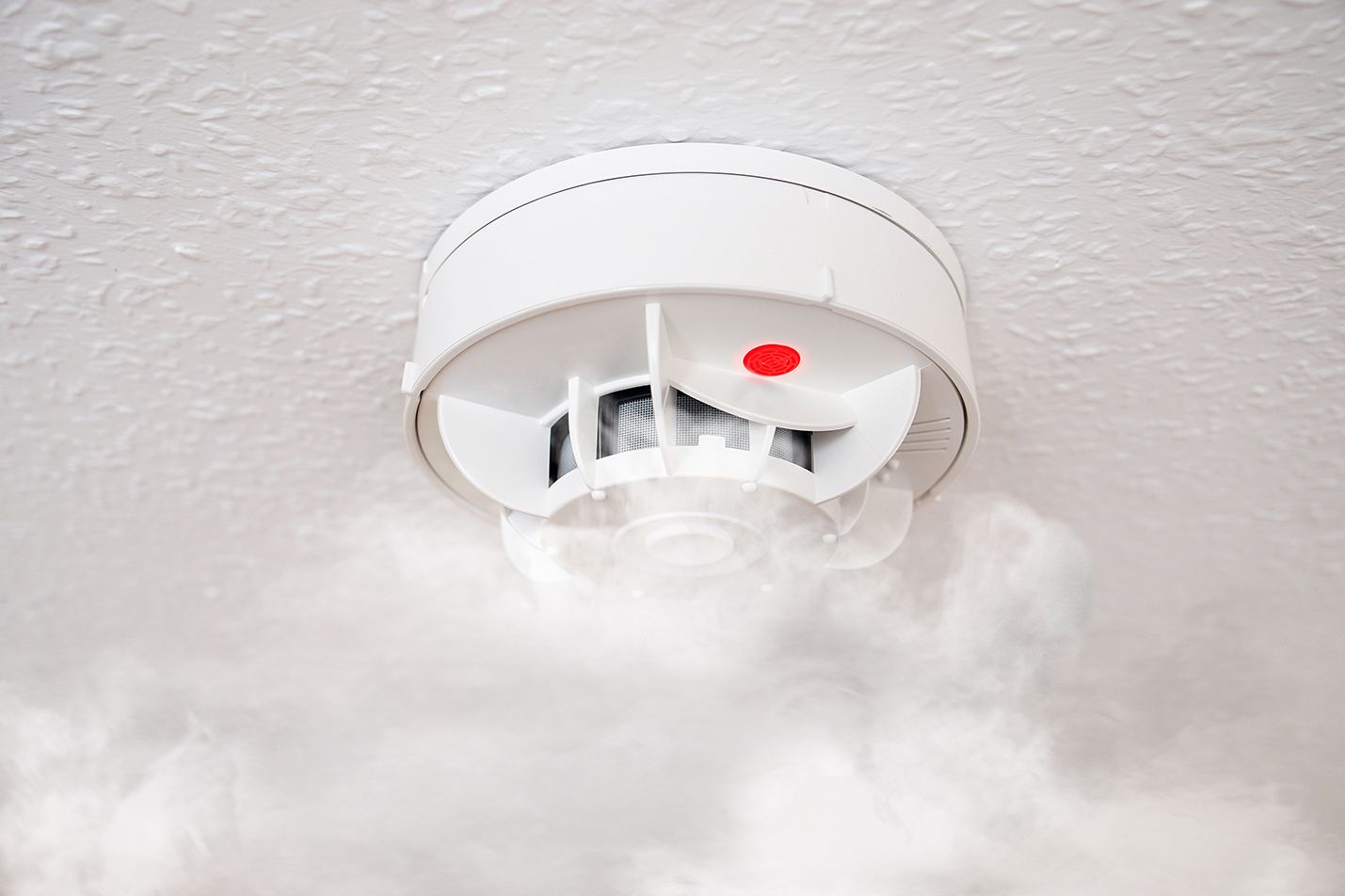
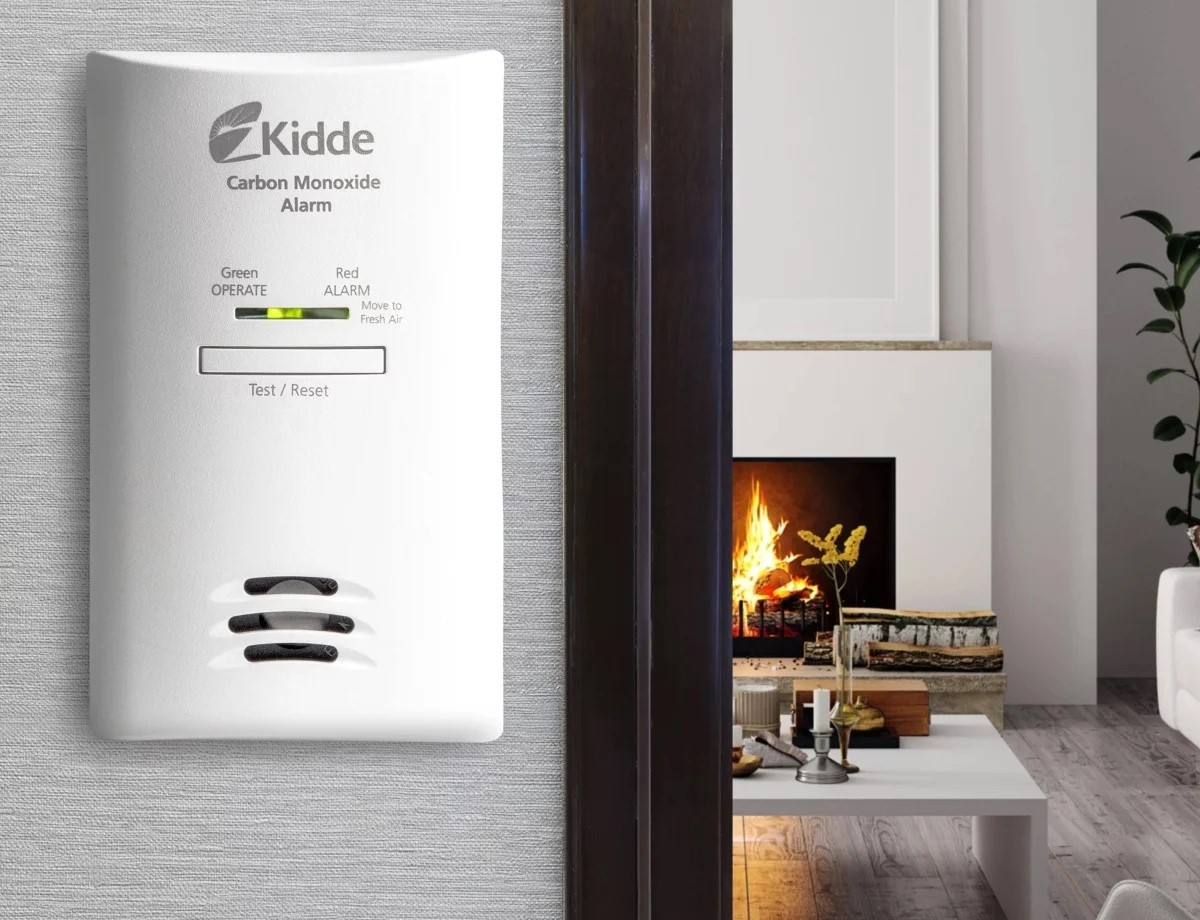
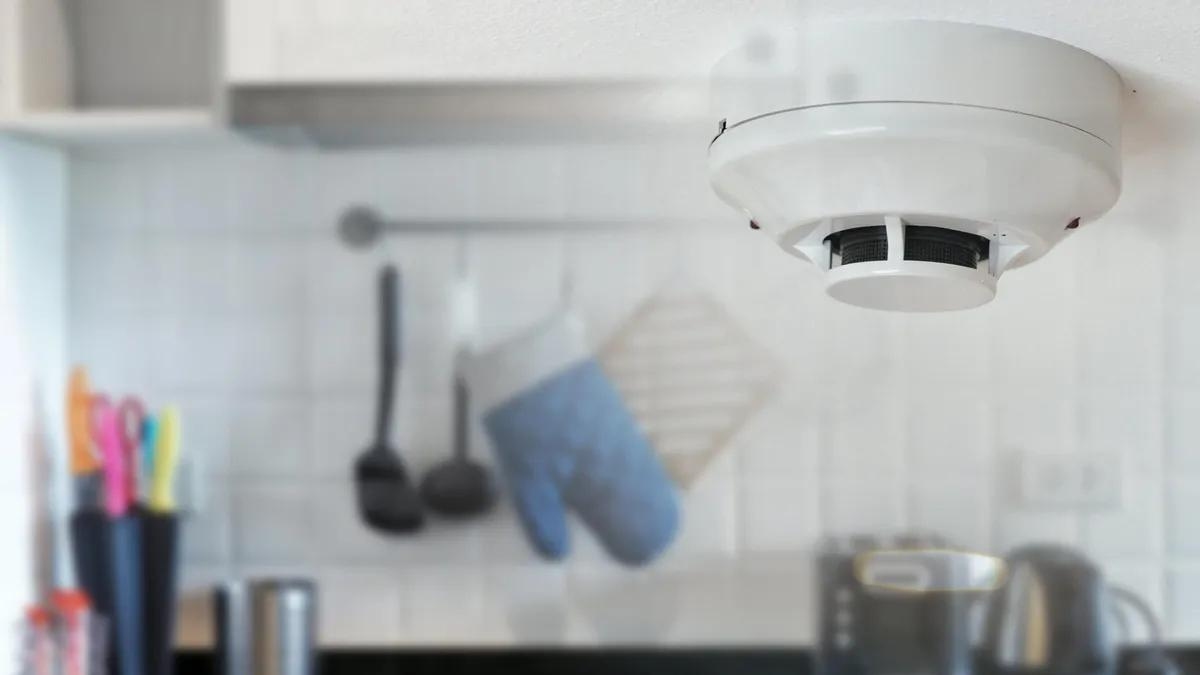
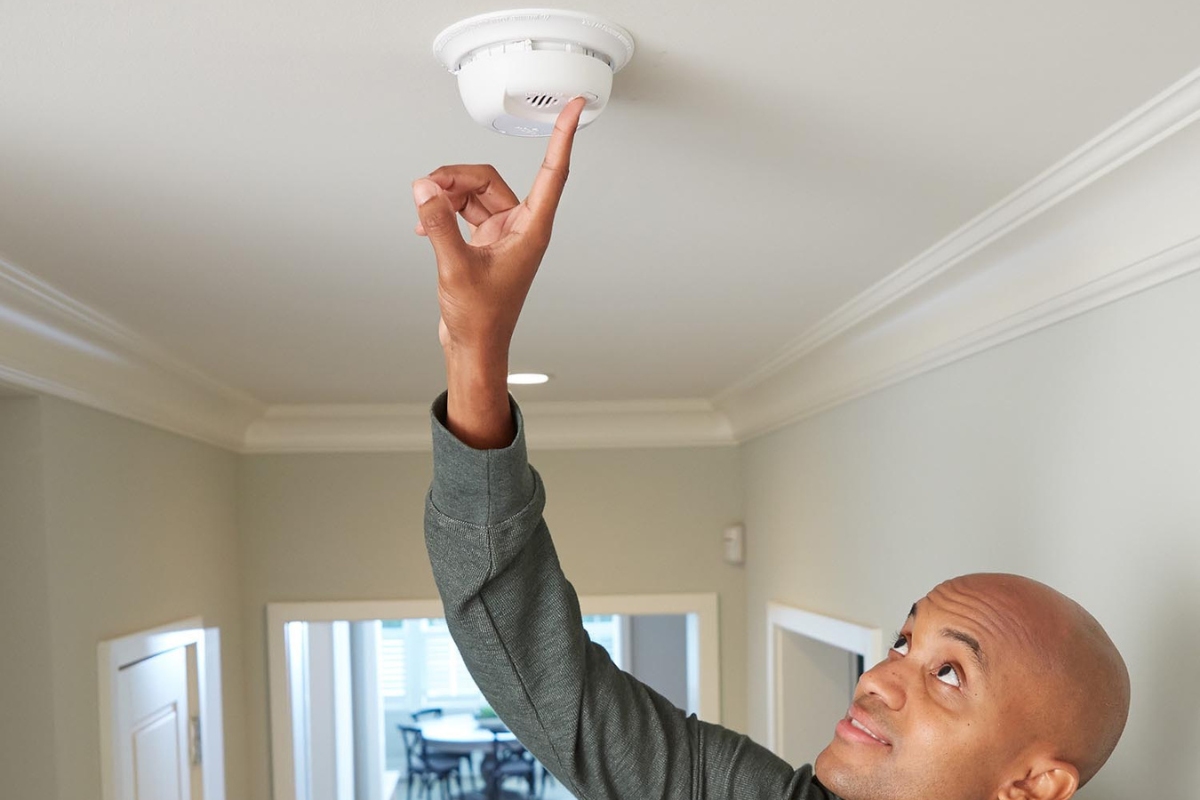
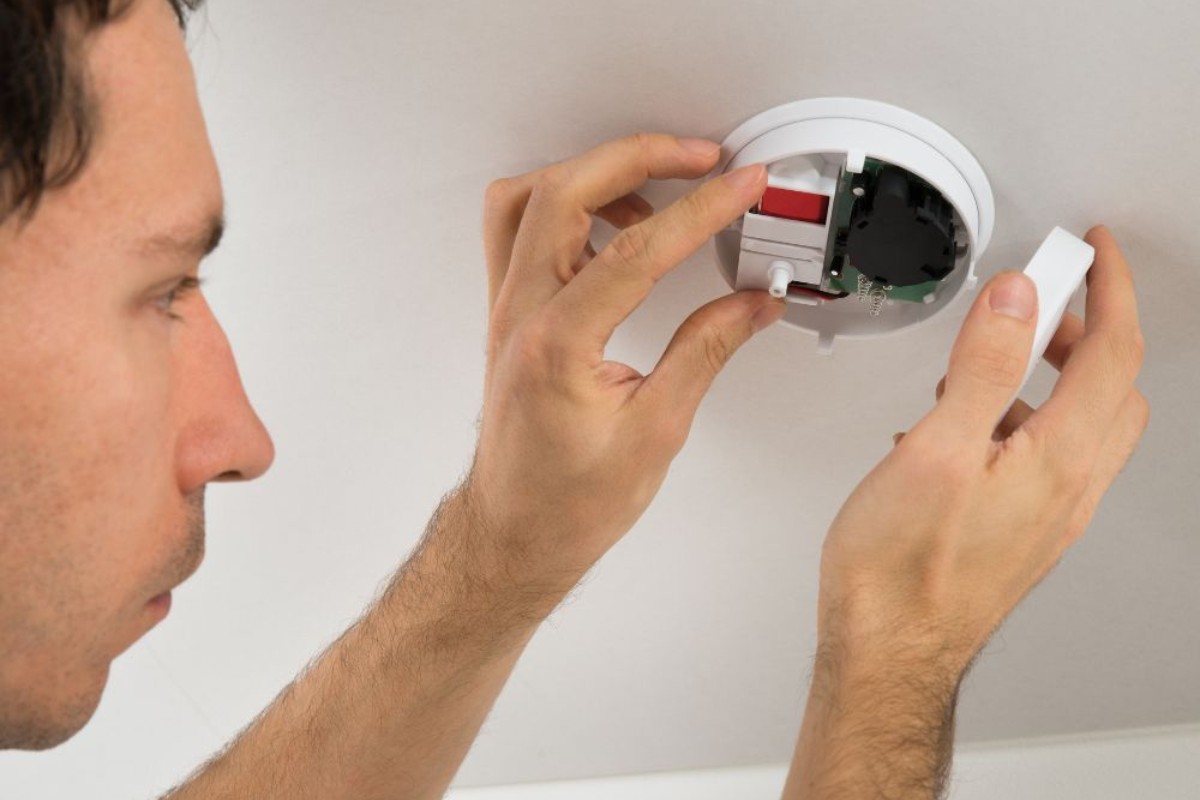
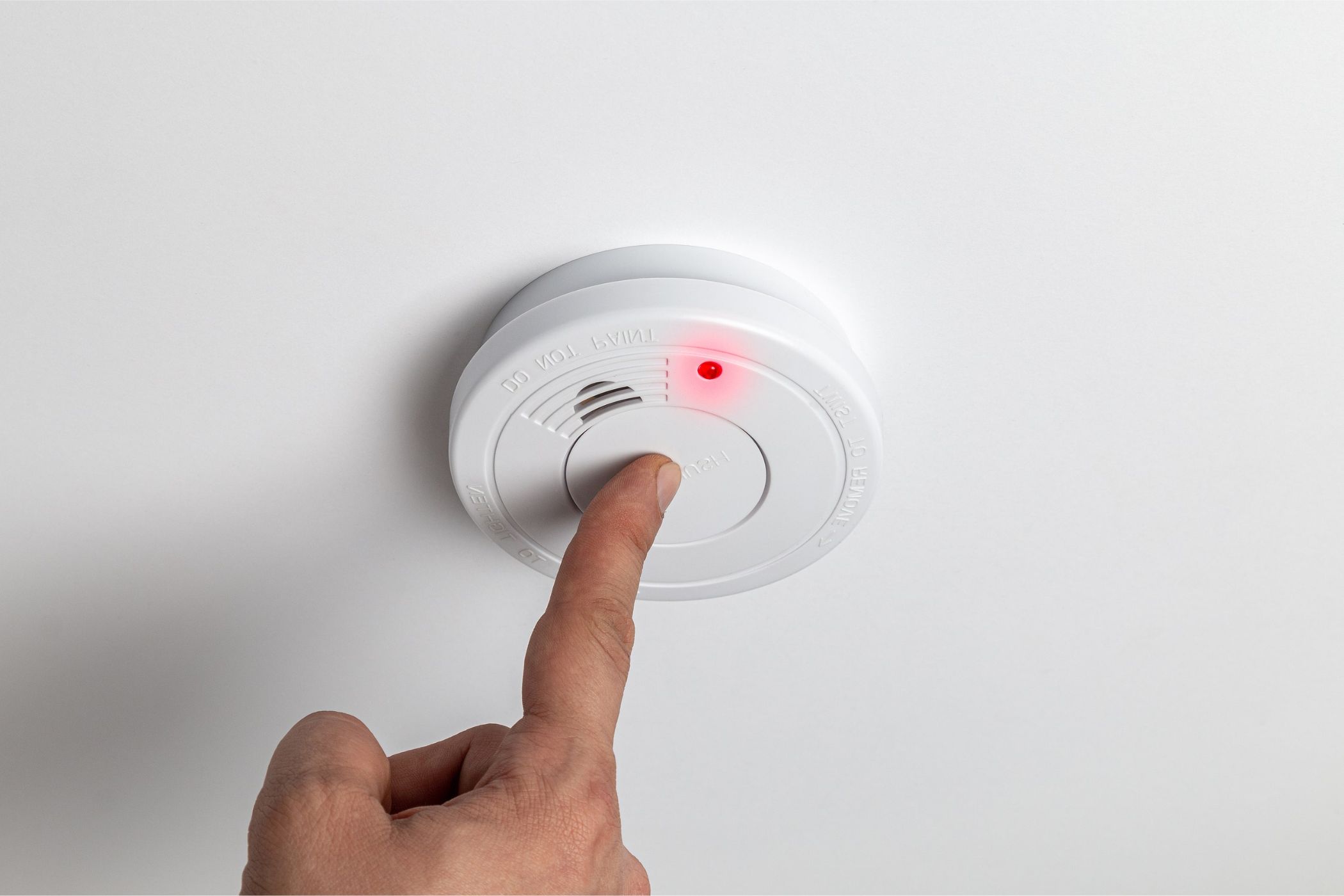
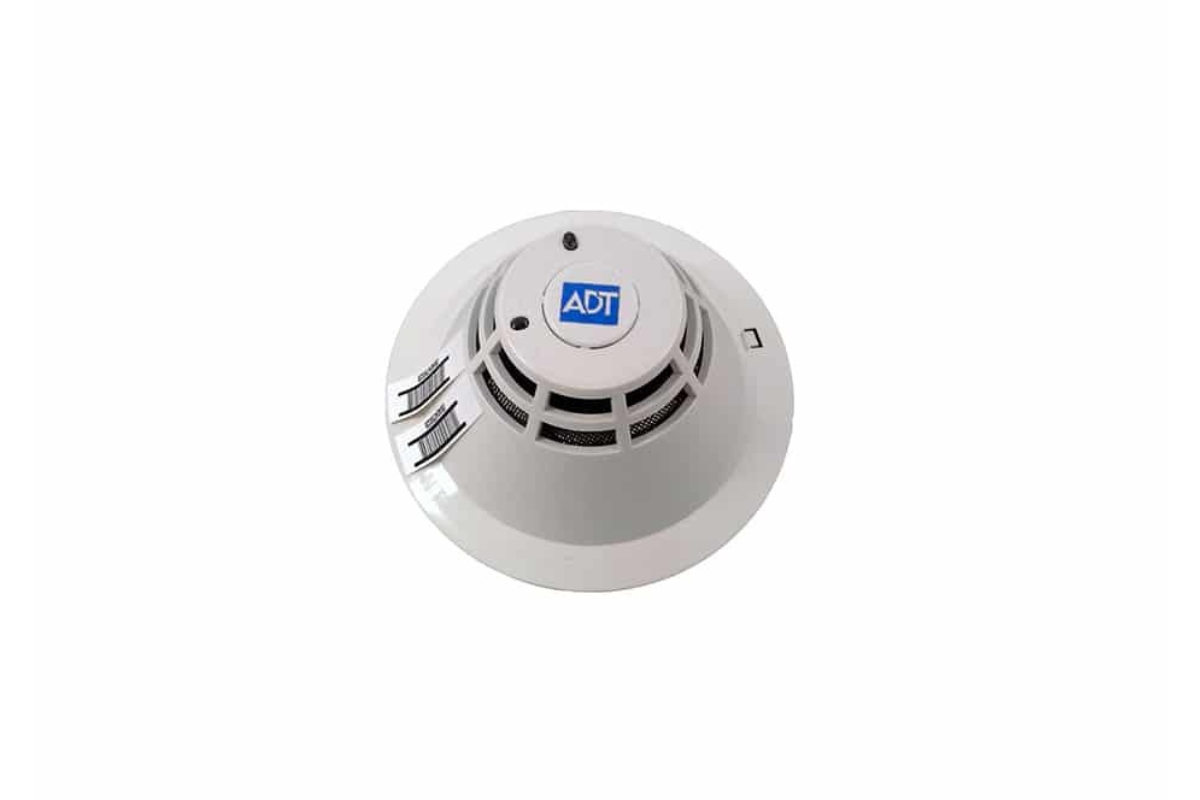
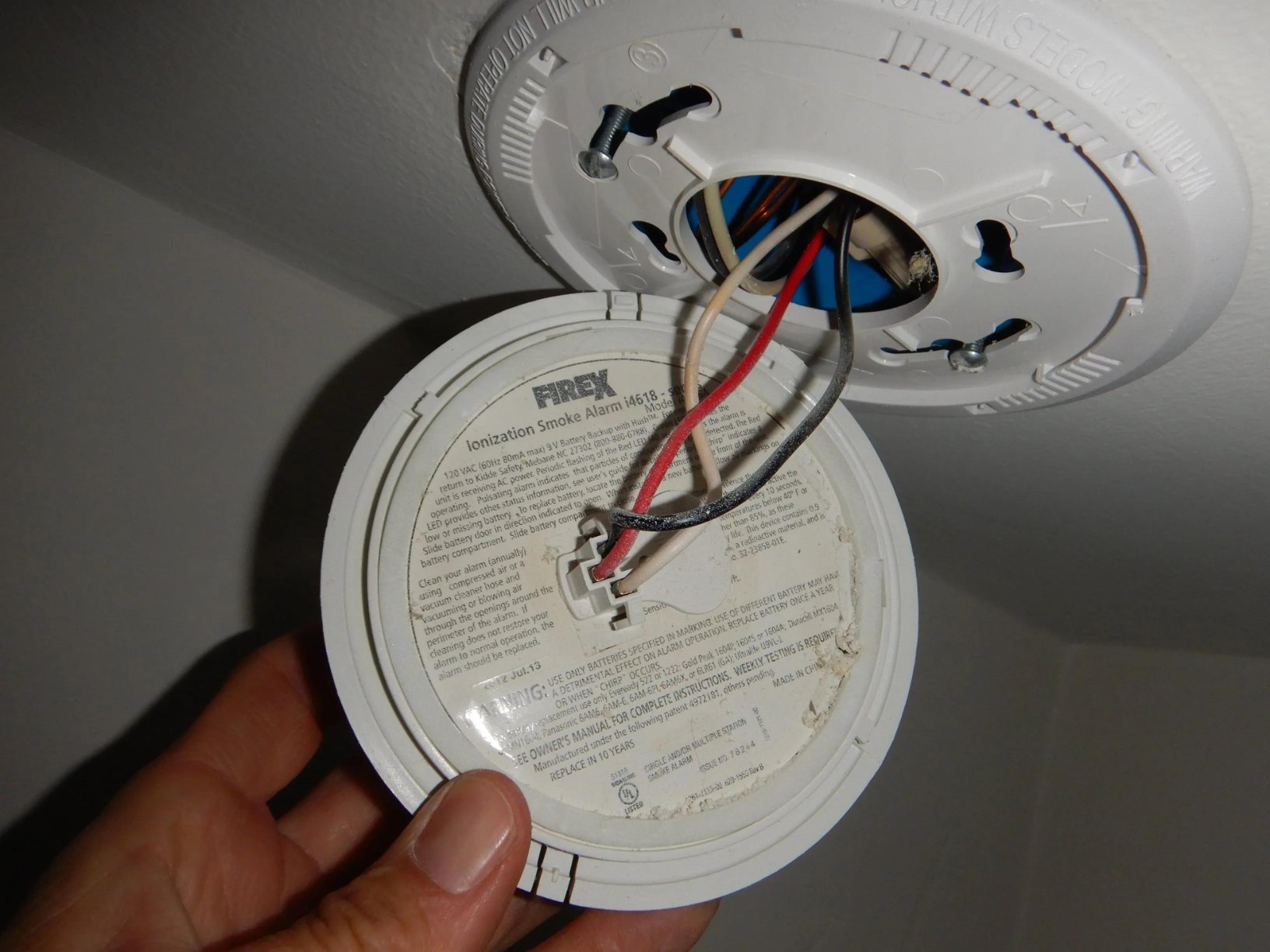
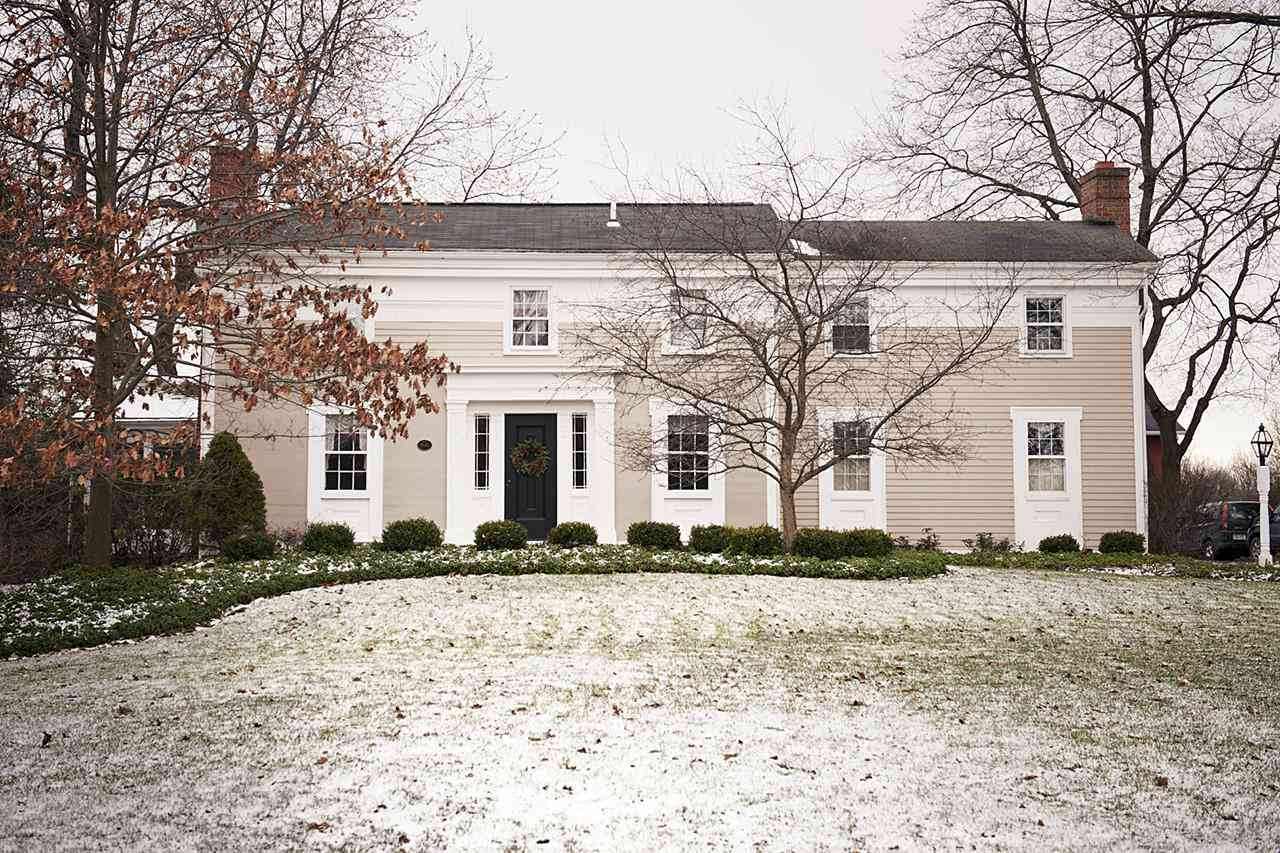
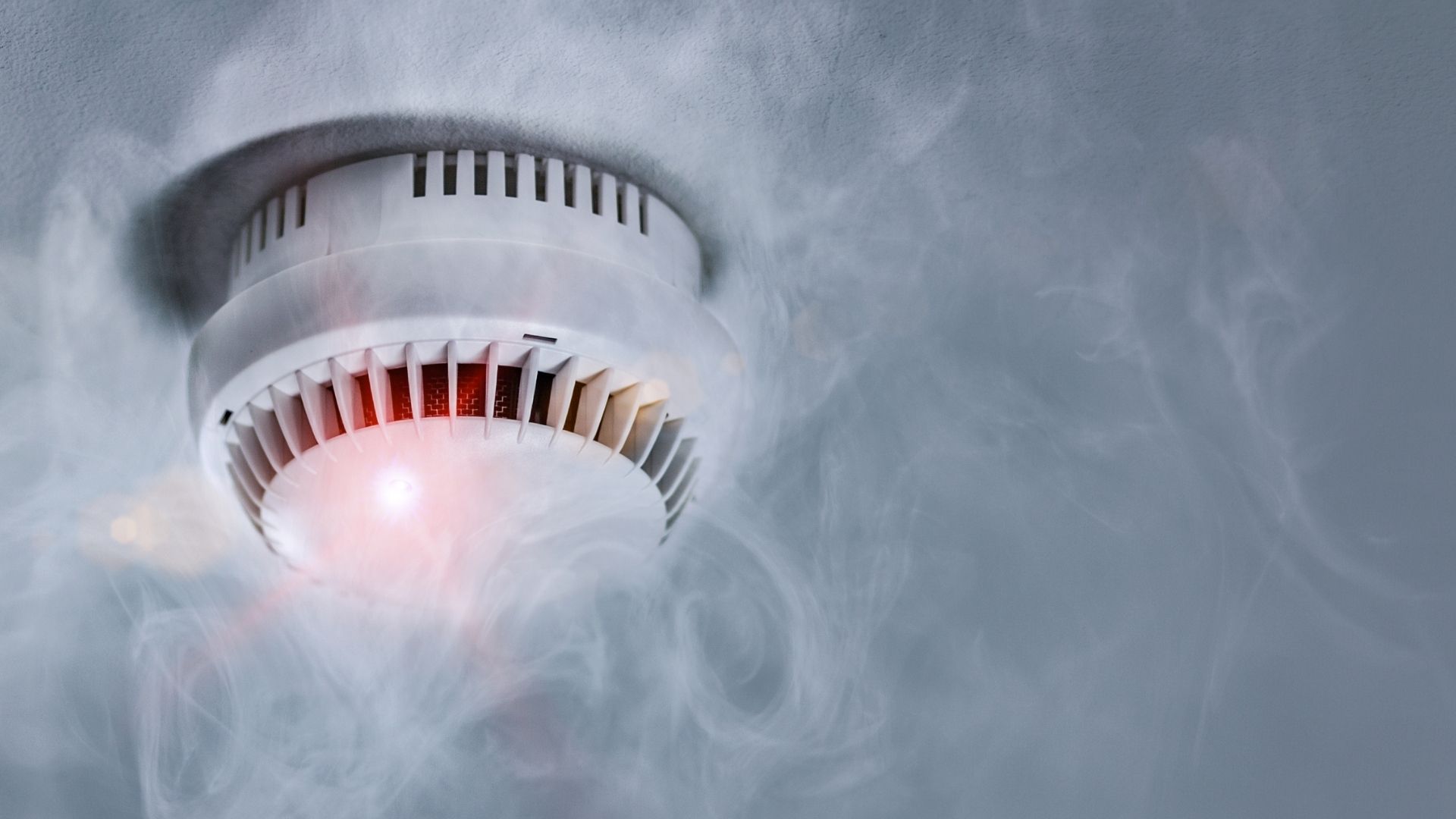
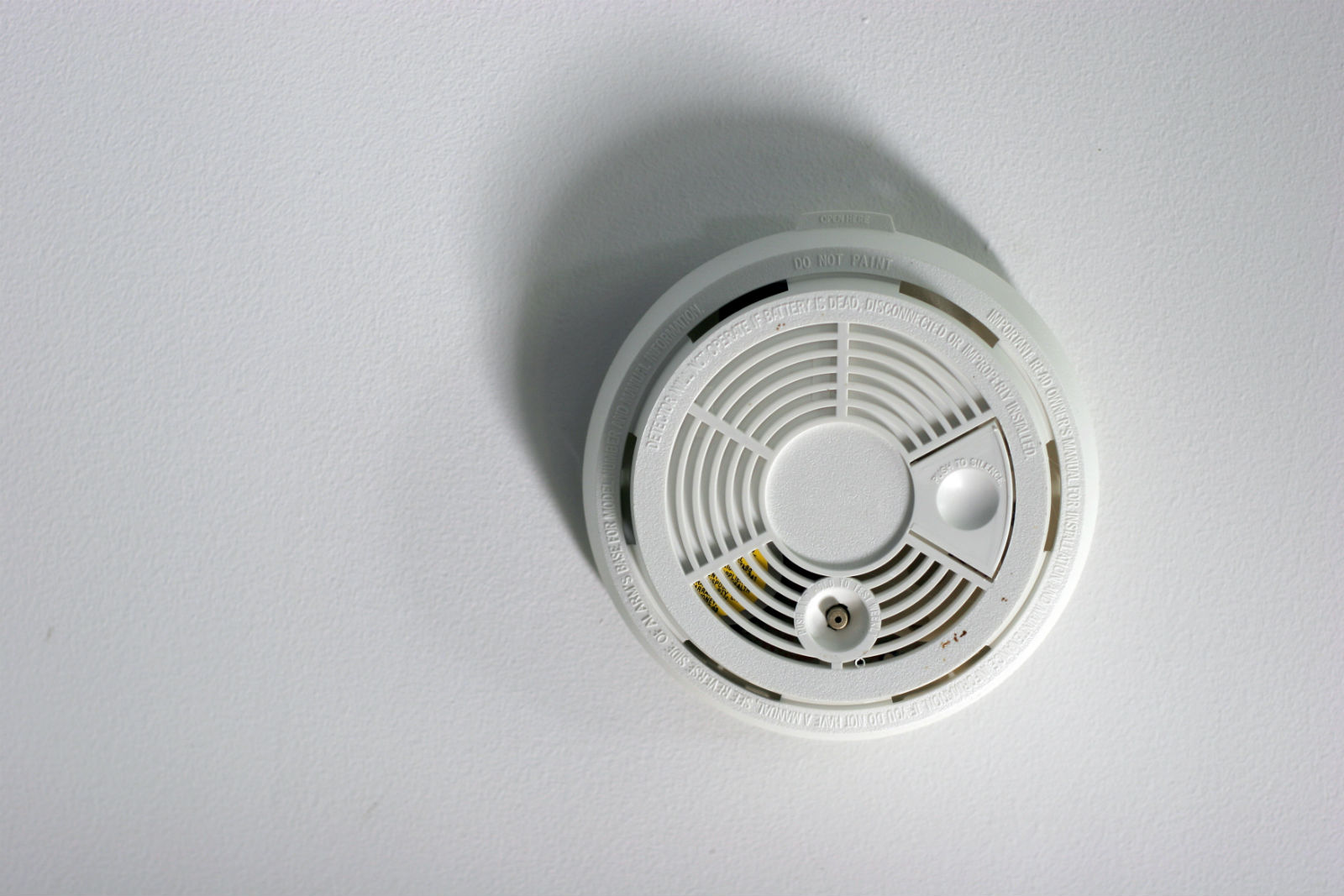
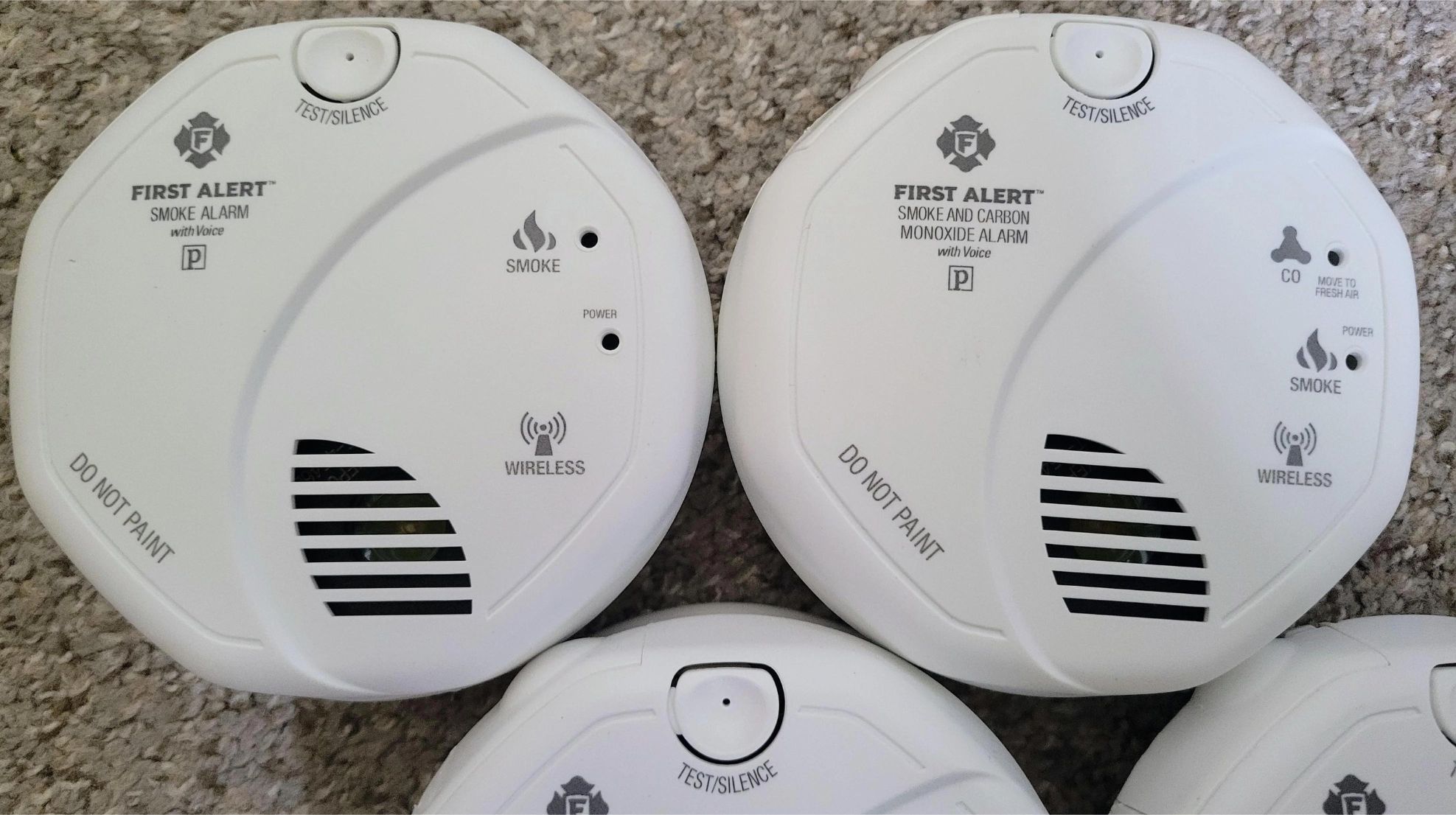

0 thoughts on “Why Does A Smoke Detector Beep When It’s Cold?”